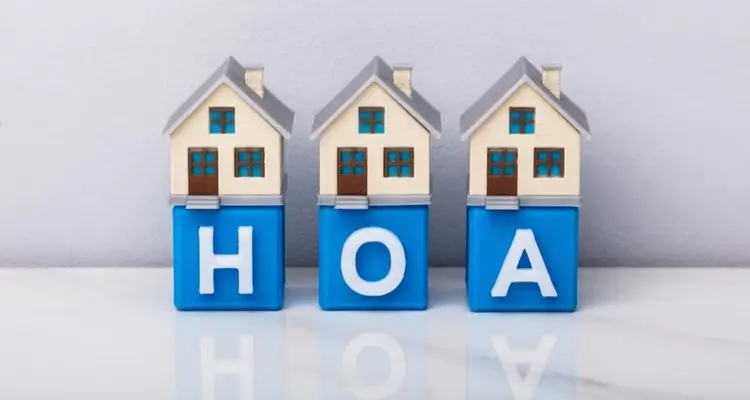
There are a lot of myths about things that will help or harm your credit score that simply aren’t true.
This article will take a look at some of the most common credit myths and provide the facts.
Credit Facts vs. Credit Myths
Myth 1 – Paying off collection accounts will improve your credit scores.
Fact: Paid or unpaid, a collection account will have the same negative impact on your credit score. The only way to get rid of the negative effect of a collection account is by having it removed from your report. Whether it has a zero balance or a $1,000 balance, it will still be a collection account that stays on your report for 7 years.
It is best to negotiate a pay for delete with the creditor. A pay for delete is an agreement between you and the creditor that if you pay an account, it will be removed from your credit report. Or you can dispute the collection with the Credit Bureaus to see if you can get them removed from your report entirely.
Myth 2 – Carrying a balance on my credit card boosts my credit score
Fact: Ideally, you would pay off your credit cards in full each month. This will not only let you avoid paying any interest on the amount you charge, but also is best when it comes to your credit utilization ratio at its lowest in order to maximize your credit score.
Your credit utilization ratio is the balance on a credit card compared to the credit limit. The lower this ratio is, the higher your score will be. If you can, you should try to pay off your cards each month or keep the balances as low as possible.
Myth 3 – Checking your credit score will hurt your credit
Fact: Checking your credit score online will not harm your score. However, when a lender pulls your credit, this is a hard inquiry and hard inquiries do factor into your credit score so a high number of hard inquiries will negatively affect your score.
When you check your credit report and score online, you are viewing your consumer credit score, which is entirely different than what lenders see. So checking your own credit does not impact your score. The only time your score will be affected is when a lender pulls your credit.
Myth 4 – My income impacts my credit score
Fact: Credit Bureaus do not know your income. Even if they somehow knew this information it will have no impact on your credit score. Your income is not relevant to how consumers pay their bills as income fluctuates so often.
So credit bureaus do not factor income into your credit score in any way and have no way of knowing this information anyways.
Myth 5 – Paying off debt increases your credit score
Fact: True and false. It depends on which types of debt you are paying off. Paying down your balance on a personal or auto loan and it will have no impact on your credit score. However, paying off credit card debt will improve your credit score.
Your credit utilization ratio is the amount of available credit you’re using. The higher the ratio, the lower your score will be, and vice versa.
Myth 6 – Closing a credit card improves my credit score
Fact: Closing credit cards, even if you rarely use them will harm your credit score, not improve it. The average age your accounts have been open makes up 15% of your overall credit score. So by closing a credit card it will reduce the average age of your accounts and harm your score.
If you have a credit card you rarely use, then you should make at least one small purchase with it each month to keep activity on it. Otherwise, the creditor could close the account, causing your score to drop.
Myth 7 – You only have one credit score
Fact: You have three credit scores, one from each of the three credit bureaus, Transunion, Equifax, and Experian. Lenders and creditors will often use your middle credit score to determine your credit worthyness.
Often, you will see that the information on your 3 credit reports is different. Some creditors or collection agencies will only report negative information to a single credit bureau. Because of this, your credit score will vary from one credit bureau to another.
Myth 8 – If you have bad credit, you should hire a repair company to fix it
Fact: Credit repair companies do the same thing you can do yourself, which is dispute your negative accounts and hope they get deleted. You can dispute anything on your credit report you want and the credit bureau will launch an investigation. The creditor has 30 days to verify the information you are disputing, if they are unable to the account will be removed from your credit report.
Credit repair companies just dispute your accounts for you. You are better off disputing them yourself and saving some money.
For tips on improving your credit score, check out our free credit repair guide.
Myth 9 – Student loans do not affect your credit score
Fact: Student loans impact your credit score as much as any other type of loan does. Defaulting on your student loans will severely negatively affect your credit score.
Student loans are a type of loan, so credit bureaus will factor them into your credit score. When making payments on time will improve your credit rating, falling behind on the payments will hurt your score.
Myth 10 – Education Level Can Affect a Person’s Credit Score
Fact: Your level of education has no impact on your ability to repay your debts. Additionally, credit bureaus have no way of knowing what your education level is.



